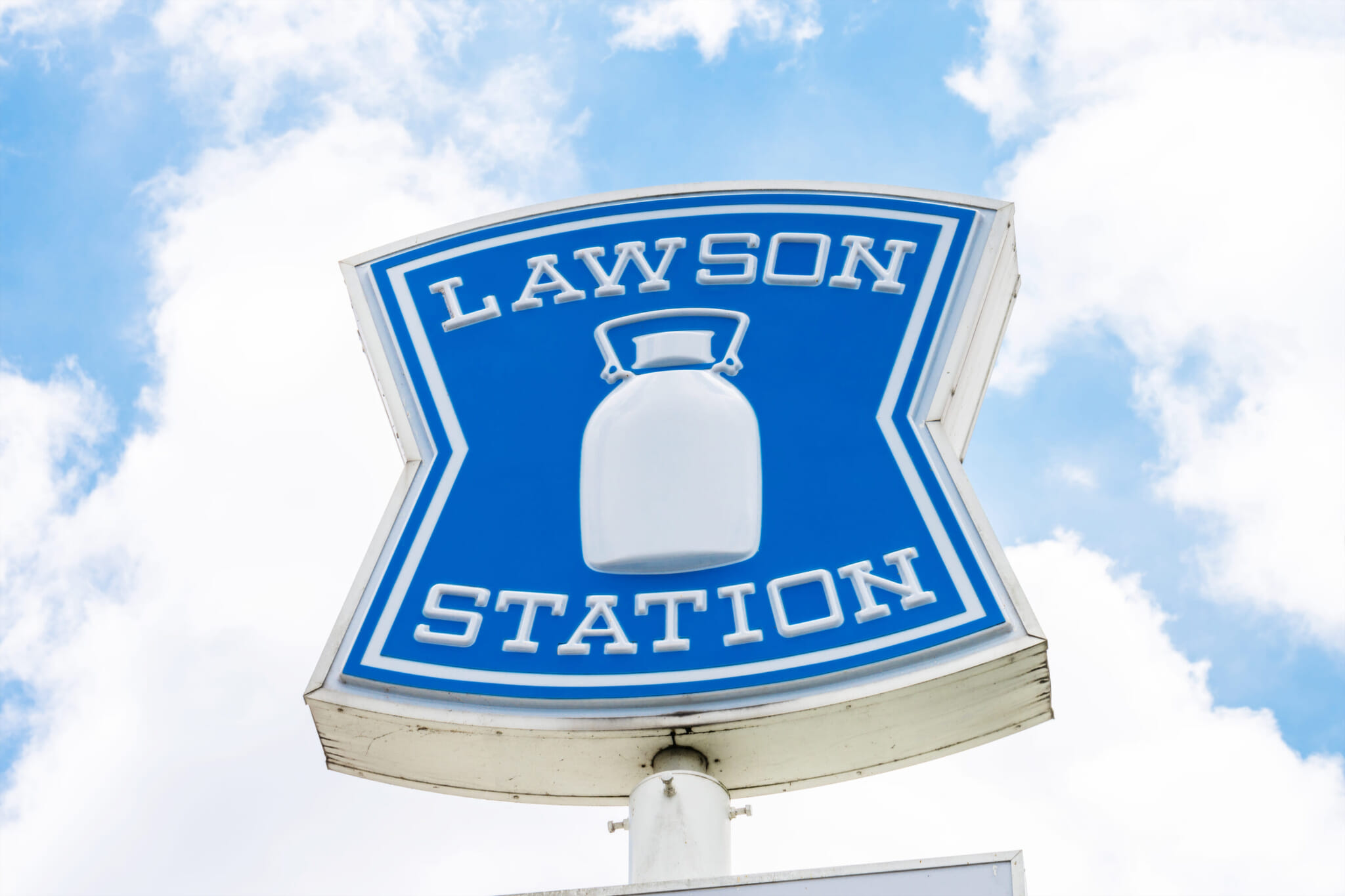Earlier this month, Lawson announced that it is changing company rules regarding its dress code. From now on, employees at the convenience store chain will be allowed to wear headscarves, such as hijabs, for religious reasons. They will also be able to opt for Roman alphabet letters of their choice, including initials, abbreviations of their name or even letters that don’t correspond to their real name for their name tags. The aim is to protect staff from kasu-hara (customer harassment) as workers are concerned about angry customers revealing their personal information on social media, leading to online abuse.
Statement From Lawson Regarding Name Tags
“In recent years, there has been a demand to create an environment in which store employees can work with peace of mind by protecting them from customer harassment,” said the store via a statement on its official website. “Until now, Lawson has required employees to wear their real names (surnames) on their name tags, but in light of the current situation and consideration of privacy protection, we have made it possible for stores to use ‘job title, plus any alphabet or initials’ at their discretion.”
Lawson is following in the footsteps of fellow convenience store chain FamilyMart, who at the end of last month started allowing their employees to choose pseudonyms for their name tags. Seven & I Holdings is considering adopting a similar policy for its 7-Eleven stores.
Greater Protection for Employees
Several other companies in Japan have recently implemented new rules to protect their employees. Taxi firm Nihon Kotsu Co., for instance, introduced a system that automatically transmits dashcam footage to the head office if a driver triggers an alert when faced with an abusive customer.
On June 5, the industrial union UA Zensen, which represents more than 1.8 million members, reported the results of its survey on customer harassment. Conducted between January and March with responses from roughly 33,000 workers, it revealed that 46.8% of service sector workers have experienced kasu-hara in the past two years. Though still high, that figure is almost 10% lower than four years ago.








